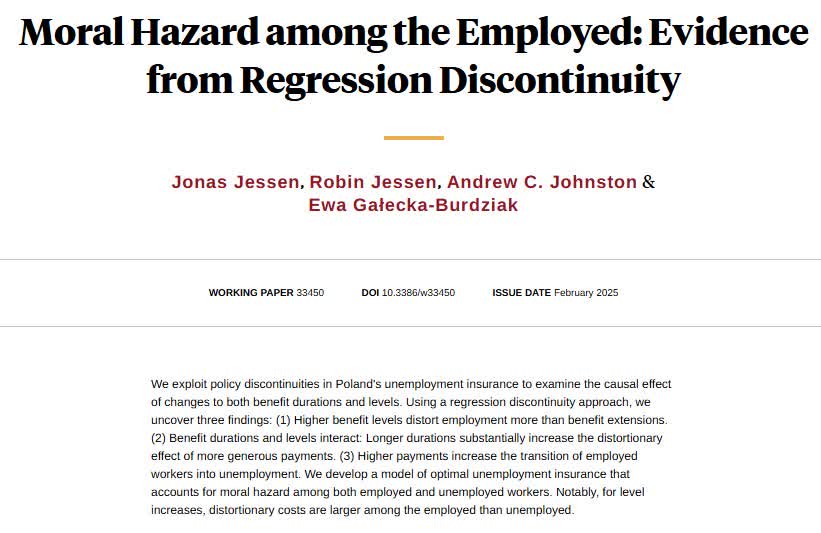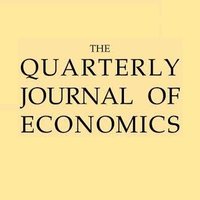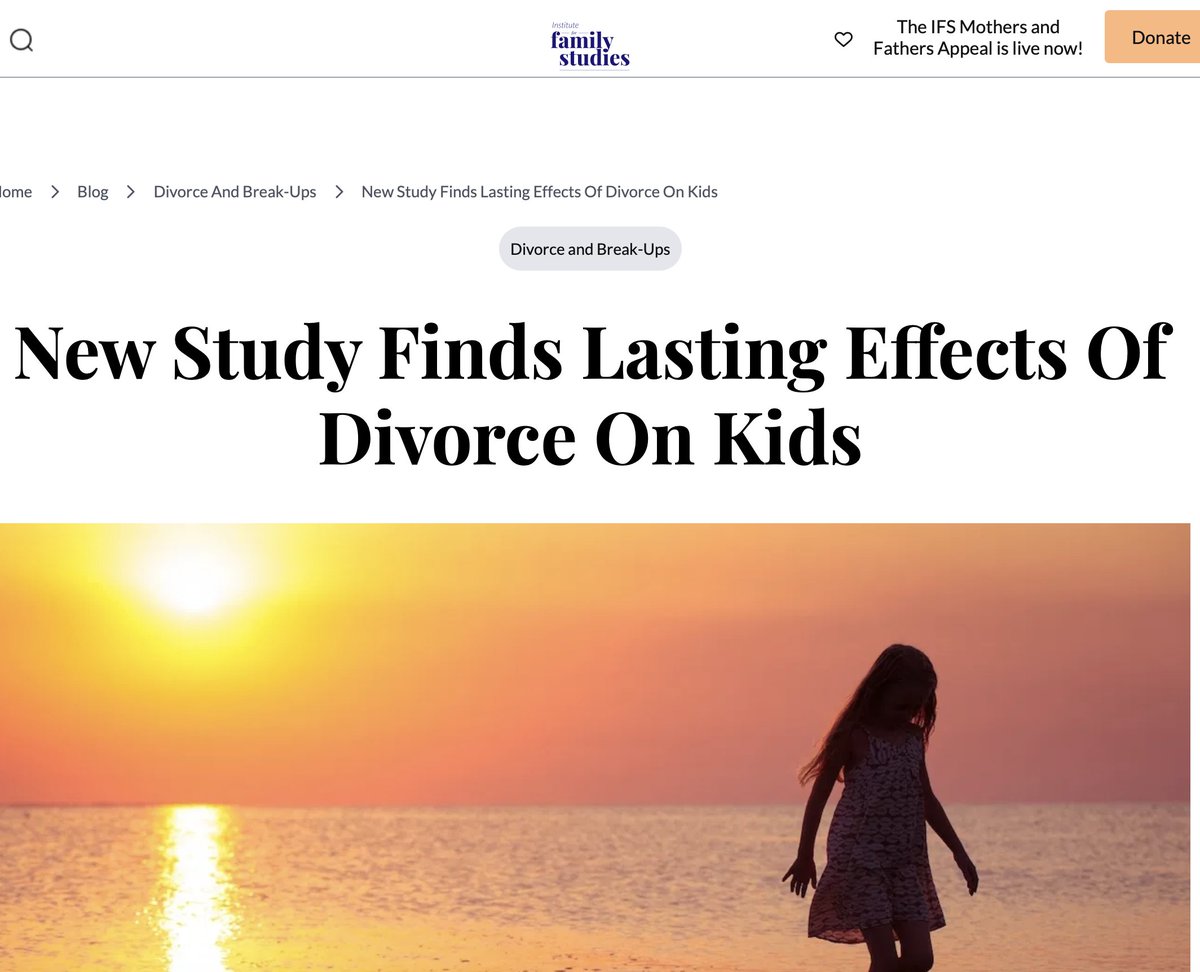
Andrew C. Johnston
@acjohnston0
Economist, husband, daddy to little wildlings, compulsive buyer of books. Contributor @WSJ and @TheHill.
ID: 1589738890037903360
https://sites.google.com/site/andrewjohnstoneconomics/ 07-11-2022 21:57:49
48 Tweet
127 Followers
269 Following






Two (or three) graphs that should keep you up at night if you subscribe to the supply-shock view of COVID-19 pandemic inflation. Exhibit 1: from Francesco Bianchi and Robert Barro's new paper "FISCAL INFLUENCES ON INFLATION IN OECD COUNTRIES, 2020-2023". The vertical axis has


3/Exhibit 2: from Joe Hazell's paper "Do Deficits Cause Inflation? A High Frequency NarrativeApproach" The figure shows a jump in inflation expectations in Jan of 2021 after the Georgia runoff election for the senate, which gave Democrats control of the Senate. Afterwards, in



Examining whether longer benefit durations or more generous benefit levels are more distortionary, if their effects interact, and if more generous benefits increase entry to unemployment, from Jonas Jessen, Robin Jessen, Andrew C. Johnston, and Ewa Gałecka-Burdziak


Check out my new voxeu column with Jonas Jessen, Andrew C. Johnston and Ewa Galecka-Burdziak on the hidden cost of unemployment insurance. cepr.org/voxeu/columns/…

#QJE May 2025, #11, “Teacher Labor Market Policy and the Theory of the Second Best,” by Bates (Michael Bates), Dinerstein (Michael Dinerstein), Johnston (Andrew C. Johnston), and Sorkin: doi.org/10.1093/qje/qj…




How parental divorce shapes children's resources and futures, from Andrew C. Johnston, Maggie R. Jones, and Nolan G. Pope nber.org/papers/w33776





Examining what happens to families after separation and divorce by following parents and kids using rich administrative data to find out, from Kabir Dasgupta, Andrew C. Johnston, Linda Kirkpatrick, Maxim N. Massenkoff, and Alexander Plum nber.org/papers/w33873





